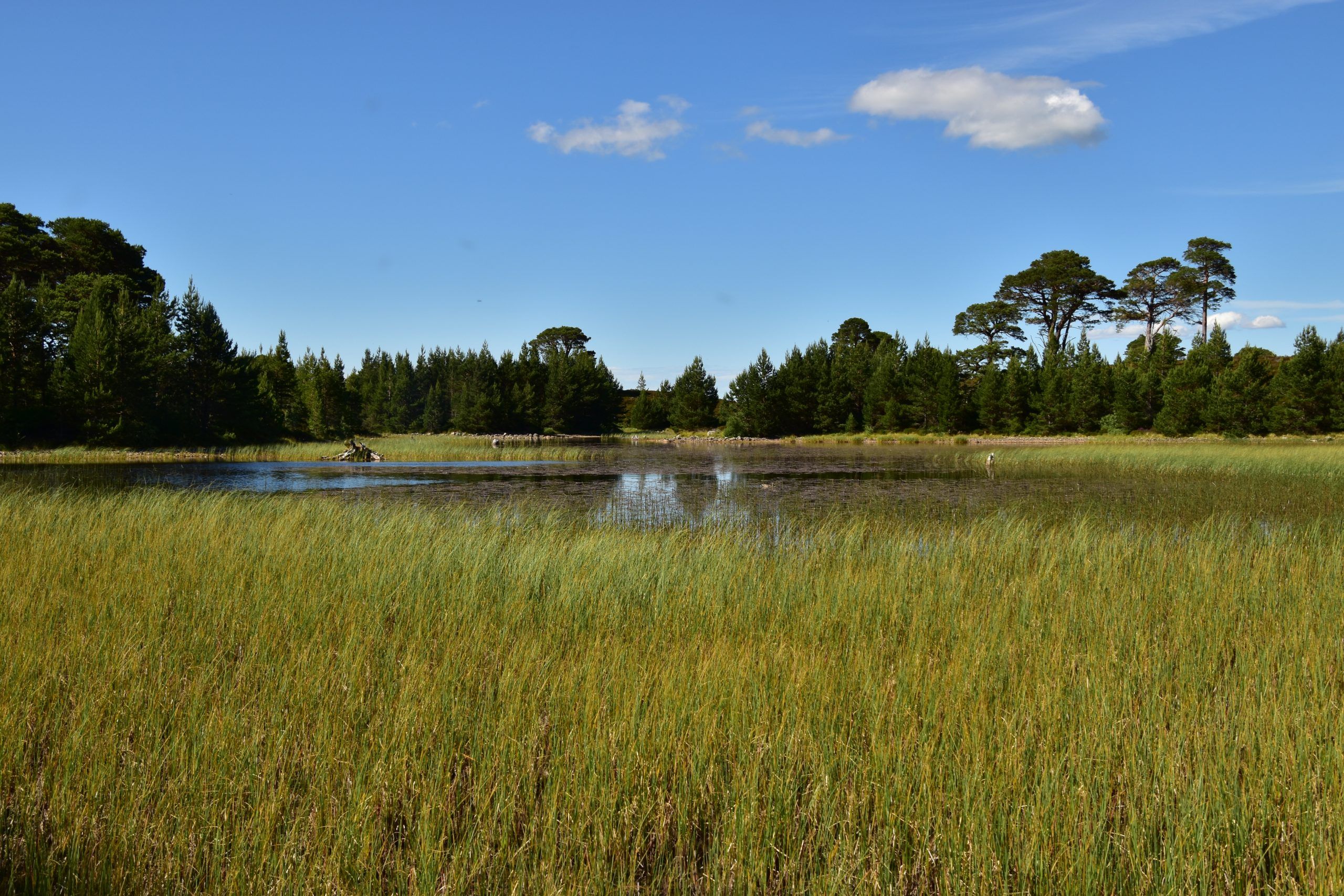
Photo © Calum McLennan
By Dougie Peedle, Head of Nature Positive Economy, RSPB Scotland
The seminal review on the Economics of Biodiversity by Sir Partha Dasgupta set out the simple truth that the economy is embedded in nature and that as our most precious asset nature provides the foundation for our economic prospects. More alarmingly, we are drawing down more from nature than its ability to replenish itself, meaning we are on an unsustainable trajectory.
Nowhere is this more apparent than in Scotland where we are one of the most nature depleted countries in the world. The State of Nature Report shows a 15% decline in species abundance since 1994 and that 11% of species are faced with extinction risk. This means the stock of natural capital in Scotland has been in long-term decline.
This decline threatens our economy. Recent research by the Green Finance Institute (GFI) shows nature’s decline is already slowing our economy and risks an economic crisis on the scale of that from the global financial crisis or Covid19 in the years ahead.
We need to act quickly and deliver a new approach to economic policy to avert this crisis. We need nature positive economics where we work together to allocate scarce resources in a way that leads to nature recovery and a net zero future and delivers improvements in economic well-being for all. It requires a two-pronged approach. Firstly we must undertake nature conservation and restoration in a bigger, more joined up way to increase the capacity of nature to supply the many services that sustain us.
Secondly, we must also deliver concerted action that will change the way our economy operates in order to reduce the demands we place on our natural environment. Put simply, we need to diminish our ecological footprint. This requires new ways of thinking and a new holistic and inclusive way of measuring economic success. At the local level, place-making must be more sustainable and local communities involved in decision-making.
There are three key areas for reform:
- Fiscal and public funding reform: to ensure that nature gets its fair share of public investment that can deliver natural capital improvements and act to leverage in private sector funding.
- Business change and private investment: we need new governance to ensure that businesses act to assess, disclose and address their impacts and dependencies on nature and that private sector nature markets operate at scale and with high integrity.
- Monetary and financial reform: central banks and financial regulators need to do more to protect nature and direct finance towards natural capital.
The Scottish Budget to be announced next week is a real opportunity to deliver more in the first area. The GFI estimate that over the next ten years there is a nature finance gap of £5-6 billion per year in the UK and £1.5-2.7 billion in Scotland. While private finance has a key role to play in filling this gap it cannot be left solely to the private sector. Public finance has a critical role not least because it can lead the way and help leverage in private sector funding. There is a strong economic rationale for government intervention to invest in nature because many of the services provided by nature are public goods and information failures are often a barrier to nature investment.
Investment in nature also delivers cost effective solutions where benefits significantly outweigh the costs. In the UK the benefit-to-cost ratio of closing the natural capital gap to meet the nature-related Sustainable Development Goals means that for every £1 invested we will receive £34 in benefits. The total potential net benefit for the UK is estimated at close to £1 trillion over ten years.
There is also a strong evidence base for nature-based solutions and they can provide better value for money than built infrastructure as well as multiple benefits for people and nature. For example, each £1 invested in peatland restoration is expected to deliver economic and social benefits worth £4.62 and for woodland expansion the estimated return is £2.79 in climate mitigation benefits.
Despite all this evidence there are some common problems across the UK. No government is committing the necessary public funding to close the nature finance gap and there is a hope that private sector funding will save the day. The Scottish Government’s new Natural Capital Market Framework is big on high integrity private markets but very quiet on the level of public funds needed.
Economic strategies tend to pay lip service to the role of nature. The National Strategy for Economic Transformation (NSET) is slightly better as it has a whole box dedicated to nature positive economics. However, the Auditor General concluded that the Scottish Government has not determined how much investment is needed or the evaluation approach required to deliver the NSET. This means there is still a clear lack of public funding for investment, including that in nature. What better time to correct this than next week’s Scottish Budget when we need to see commitment of the funding necessary to close the nature finance gap, fully fund the Scottish Biodiversity Strategy and restore natural capital.

